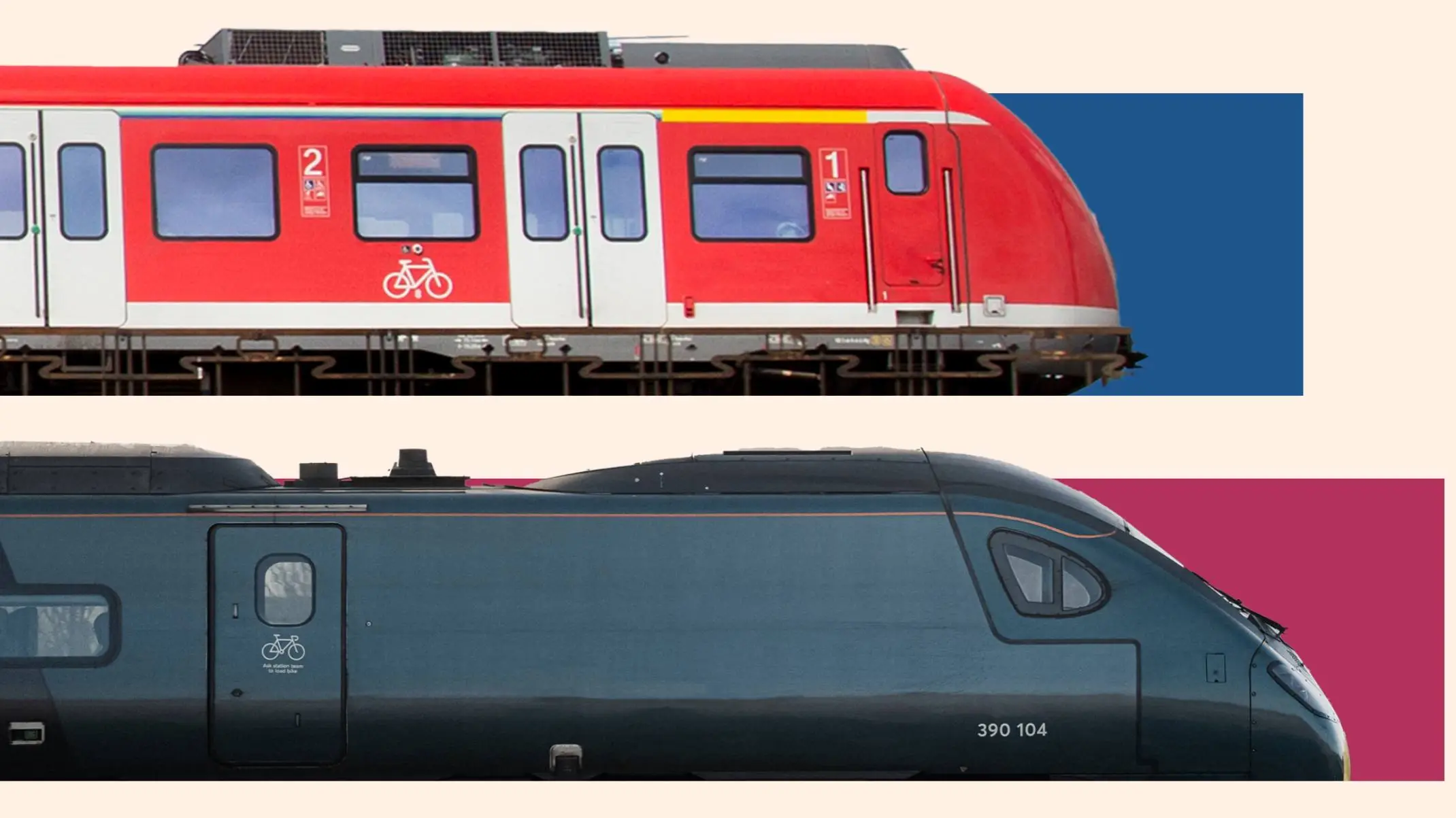German trains are less punctual than Britain’s ‘broken’ railways
German trains are less punctual than Britain’s ‘broken’ railways

Olaf Scholz mocked UK trains. FT analysis of 1.9bn data points shows they are more reliable than Germany’s network

German trains are less punctual than Britain’s ‘broken’ railways

Olaf Scholz mocked UK trains. FT analysis of 1.9bn data points shows they are more reliable than Germany’s network

You're viewing a single thread.
I thought when people referred to the brokenness of UK rail they mostly meant how much more expensive tickets became after privatisation?
I have extensive experience of both being a British person living in Germany. British trains are much worse, or at least used to be. German trains are often late, but at least they are clean and modern. How can you compare ICEs when the UK doesn't even have high-speed rail (no, the short stretch to the channel tunnel doesn't count).
Agreed. Moreover, the article fails to mention the ticket prices or costs for the end user, which tend to be higher in the UK. Additionally, even if the ICE (high-speed train) is delayed by 10 minutes, it still outpaces a regular train, resulting in a better overall consumer experience compared to the UK.
I mean, the Deutschlandticket for €40 is a steal. That's the price of a return off-peak in the UK.
The Deutschlandticket was 49€ until recently when they increased the price to 58€ per month.
Still good value, but considering this is like a 20% increase within a year of existence and the price shouldn't even be meant to cover the costs (since there are many other benefits it provides) it is disappointing.
Ticket prices in Britain aren’t due to privatisation. They were a side-effect of the unexpected success of British Rail in its final years at attracting more passengers. As demand went up, the ailing infrastructure struggled to cope. Upgrades can take decades to plan and execute correctly, so the answer was to raise prices to ease off demand.
This also fulfilled the longstanding policy of both parties for rail users to carry the financial burden of rail operation and maintenance. So, under privatisation, 40% of tickets were priced directly by the Department for Transport. The rest were priced by the train operators, who often engaged in price wars that lowered prices compared to the controlled fares.
Now of course privatisation is effectively over and 100% of tickets are priced by government. Prices will still be maintained high because of the desire to make passengers pay for the system, and to keep demand manageable. Already some routes have reached saturation.
Wait, so you're saying that it's the DfT that caused the high prices, and not to cover costs but to control demand? Ie. that privatisation wasn't actually to blame? (Do you have a source, I'd like to read up on this)